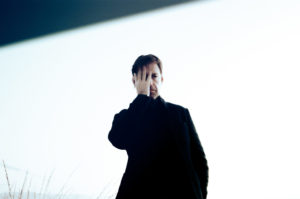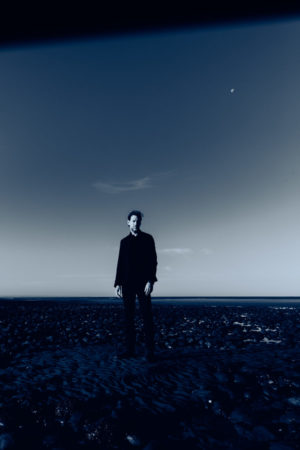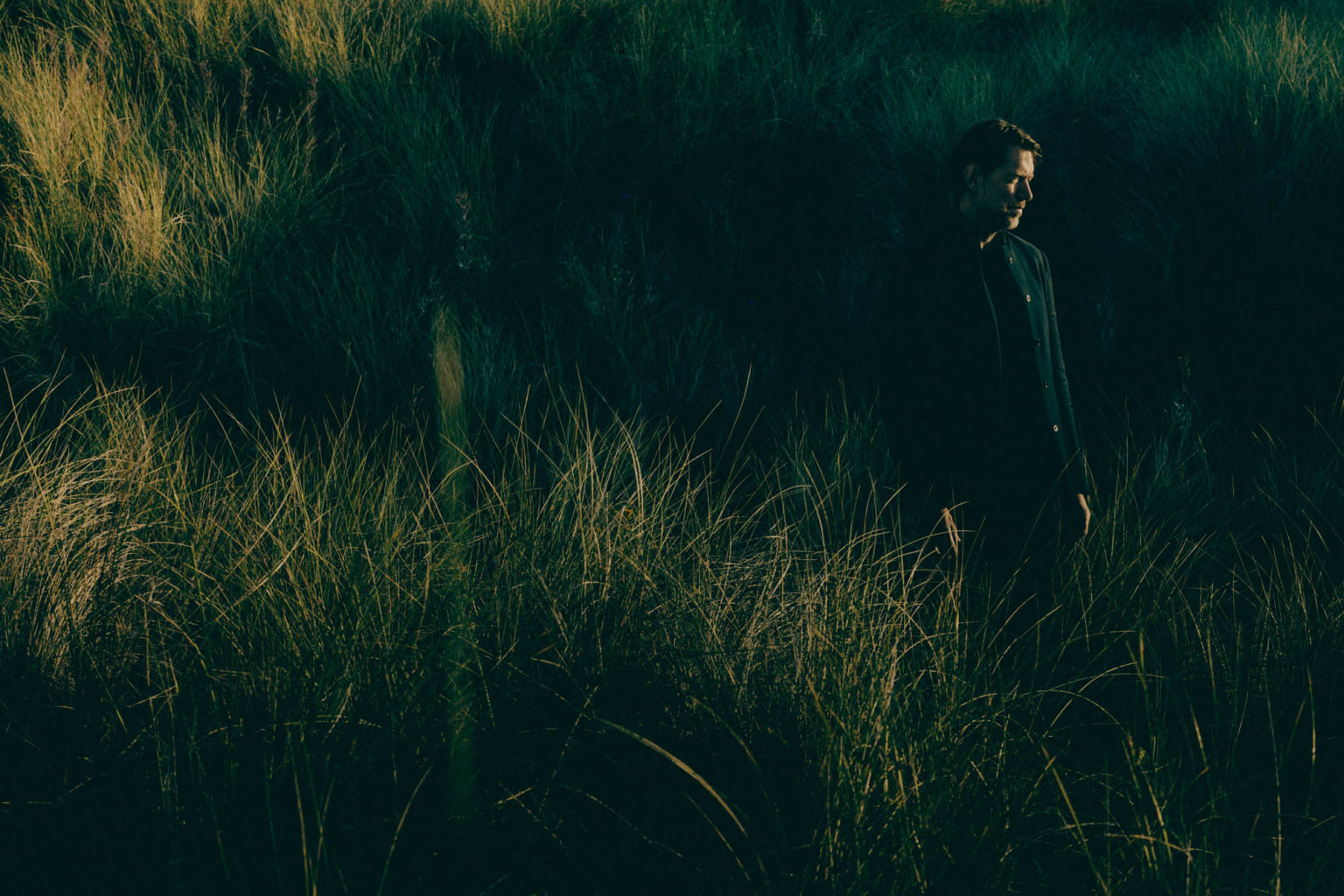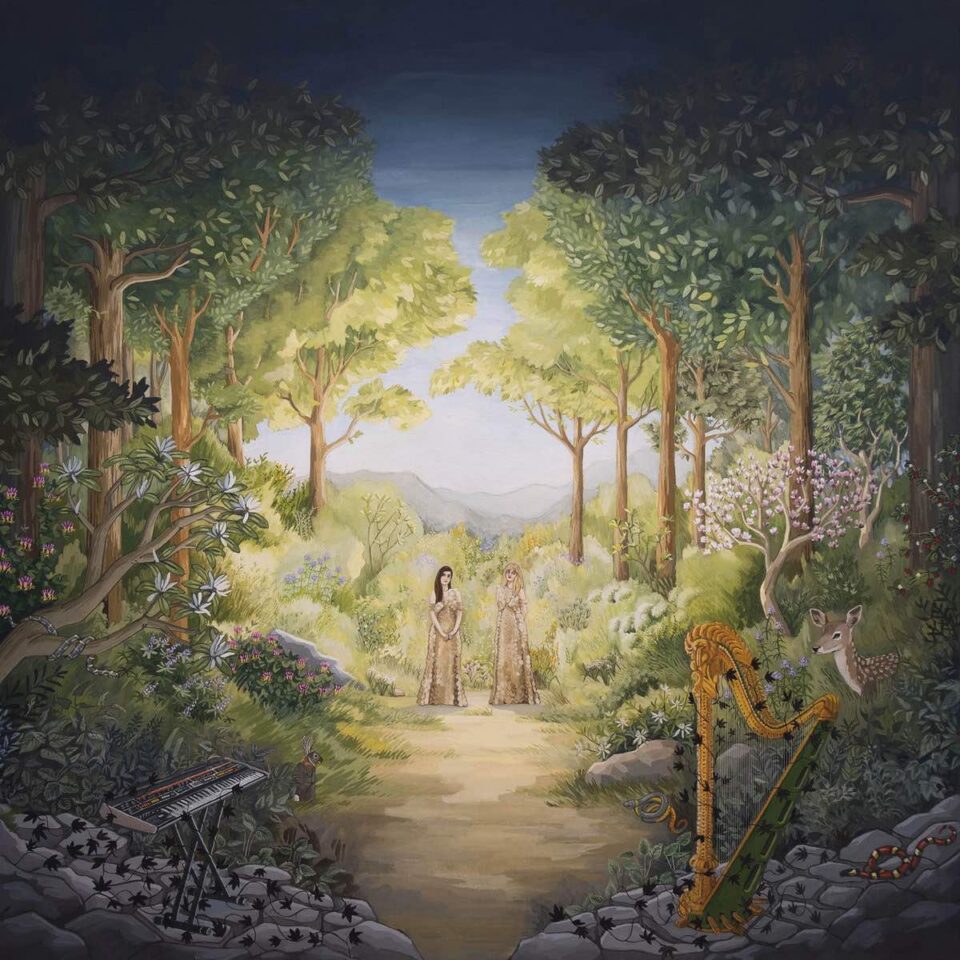The last time we spoke to Ed O’Brien, the guitarist-singer-producer didn’t just talk about the big subject of the moment, COVID-19, he was it—sick with the coronavirus, and had lived to tell the tale in recovery.
“Stay safe, man,” he said as a closing warning to us all that anyone—even the fit and the famous—could get hit with the deadly virus weeks before we lost Adam Schlesinger, John Prine, and Hal Willner,
Earth, O’Brien’s debut solo record away from the confines of Radiohead, was released on April 17 under the moniker EOB. It walks into the present day with a dual sense of urgent poignancy and hope at the existential scenarios facing the planet and the self. Plus, it sounds euphoric and moody, with an air of mystery and a glob of swampy rhythm. Produced by O’Brien alongside Flood and Alan Moulder, this Earth spins as wildly and willfully as the planet it’s named after.
When did you know that you had something different in your head—different from what you produce with Radiohead—that you wanted to get off your chest? When did the itch catch up to you?
It started when my family and I were living in Brazil. It was 2012, and I knew I wanted to do something musical out there, but, at first, I thought it would be some sort of noodling electronic thing.
That’s funny that that’s what you expected for yourself.
Yeah, but, after several weeks of doing as much, and not getting anything back, what I really wanted to do was pick up my old Martin (acoustic guitar) in the corner of the room and start playing that. So that’s what I did. Suddenly every little thing we did took on a different meaning, We went to carnival in Rio and that feeling—being part of an extraordinary explosion of rhythm, melody light, love, and dance—affected me. It was like the greatest rave. That really stirred something up in me.
Did you intellectualize that feeling, or just go by gut instinct in composing and recording from that point forward, as this was something you hadn’t done in the past?
It definitely wasn’t intellectual. It just hit me. Look, if you had asked me ten years ago about whether I had wanted to make a solo album, I would tell you what I told everybody else—that I had no desire. I’m in fucking Radiohead. I’m creatively satisfied. I have a young family. It’s a bit like falling in love. When I had inklings toward girls, I knew I wanted to do this.
Desire is a driver.
Just like music. The moment the music began coming out of me, it was like falling in love. “Whoa. Where did that come from?” That’s what I love about music. Things hit you, in life, that are so powerful. You don’t know where they come from, or where they’re going, but you have to react.
“Look, if you had asked me ten years ago about whether I had wanted to make a solo album, I would tell you what I told everybody else—that I had no desire. I’m in fucking Radiohead. I’m creatively satisfied.”
You have to make it happen. Don’t think. Just act.
The songs kept coming out non-stop from there. It was a very non-intellectual thing, totally intuitive. It was one of the most powerful moments of my life.
So did everything come out in one batch? Or did Earth come forth in dribs and drabs? And how did your ideas for how to make them sound change as this was happening?
The songs came out across the better part of nine months when they started happening. Only “Olympik” came out after that period. It wasn’t something that had been building the whole time I was in Radiohead or anything as such. This was a first. I mean, look, I am in a more supportive role there, and I’ve had “eureka” moments with Radiohead—I’m still working this all out. It’s like a beautiful butterfly, though. It’s compelling. Totally absorbing. I imagine dreaming them up, so I had to get to a place to realize each song’s potential. In the seeds of a song, you can see the whole tree. My job, therefore, became tending that tree. It’s not a given it will grow. That’s why it’s hard making records. It’s fulfilling when it’s done but…
It’s refreshing to hear such zeal in someone who has been at this for some time. If you had never recorded one melodic bit of Earth, we know you can make and compose music from your work with Radiohead. Did you have the same zeal toward writing its lyrics?
I didn’t have words. I did have the spirit of what I wanted to say. So the biggest challenge was finding the right words to accompany that vibe. A solo album is new, but lyric writing is really new. And I’m not Bob Dylan. I thought about the words to gospel and soul songs. That inspired me. Because this is a record from the heart about my reconnection to the planet, and the divine existential nature of it all. That’s the stuff of gospel, of soul. This is my truth. This is the life that I lead. I had to find the right words to elevate the music, to fulfill the vibe of these songs.

What is “Shangri-La” to you beyond being a track on an album? It doesn’t seem such an ethereal, divine place in the way that you portray it on Earth.
It’s not so divine. I was heavily influenced by William Blake. Walt Whitman’s Leaves of Grass played a large part in my reading list. I’m poring through Walden right now. Divinity to them is not about religion or church. It’s about all life, all aspects of living—the majesty. This is what it means to be a soul walking on the planet. There’s a feeling there, something communal—it could be a great gig, or a rave, or a church. You feel elevated. You feel the spark in life—that is spirit. That is spirituality. I felt it at a Sonic Youth gig in Brixton in 1992. At a U2 show in 1985. At the Shangri La rave at 4:30 in the morning. That’s the thing that I’m chasing—the holy grail—where it all comes together at once. It’s beautiful. That’s central to the music on this album.
How do you reconcile that euphoria with the ire of “Banksters?” Because that does sound aggressive and angry.
Yeah, well that’s the anomaly, isn’t it? That was the first song I came up with in 2012—a lot of uncertainty there.
Not unlike the present. Other than the collective consciousness—or unconsciousness—what was it like writing outside of Radiohead? You had no one to answer to.
Obviously you have no one to bounce anything off of. I had to trust myself. When you work in a group dynamic, everything is affected by when and how people walk into it. When everything goes well within that dynamic, it’s bloody powerful. And amazing. At the same time, one person could be having a shit day, then everyone is having a shit day. What I like about the solo process is that I like being able to dictate the tone. I wanted to create an environment where everyone felt encouraged, with no fear. Those elements were enjoyable.
“I felt it at a Sonic Youth gig in Brixton in 1992. At a U2 show in 1985. At the Shangri La rave at 4:30 in the morning. That’s the thing that I’m chasing—the holy grail—where it all comes together at once.”
So the studio atmosphere was drastically different from a Radiohead session.
I didn’t have the musical depth [of Radiohead] to draw from—when I make a record with the band, I spend a lot of time outside of the studio working on sounds, creating beats. On my album, I’m doing everything— what Thom would do on a record or Jonny. On my album, I brought in musicians who could give me the depth I was looking for from the tone of each song. I couldn’t doodle away looking for a sound, I had to focus. Having said that, I did spend a lot of time finding the sonics on Earth, so I’m contradicting myself a bit.
Quick tech question—why use Flood and Alan Moulder on Earth? That combo automatically hints at Depeche Mode and Nine Inch Nails. They’re one of the best production teams ever.
Well, there you go. I needed to work with guys who understood sonics and rhythm. Let’s face it: The benchmark set by Radiohead in terms of sound is quite high. I needed to work with people I could trust with that. They understand emotion and sonics and rhythm. Plus, they’re really humble. When my album was done, I spoke to them about how they fit my vision and changed this and altered that, and Alan said, quite humorously, “I don’t really know what I’m doing.” I loved that. No matter what they know or don’t know, they get that there’s magic in music. If your ego is too big, if you are not humble and innocent, you’ll lose all the magic.
Magic. That’s the thing that really comes through—this weirdly subtle theatricality in terms of the melodies, and the full-bloodedness of your voice. Caught me off-guard. I’m used to hearing you as part of Radiohead with those crystalline harmonies. Were you ready to be a lead vocalist?
I was ready to step up, and having someone like Flood produce your voice was validation. I wasn’t going to let that guy down. I will always love playing guitar, but singing was a great new frontier, a place for growth. What I love about where I am now—with my own album under my belt—I can do anything now. Earth wasn’t going to be just a vanity project and go up in smoke after its release. I’m a different artist because of it. I can’t wait to write again…which I know will be soon. FL








